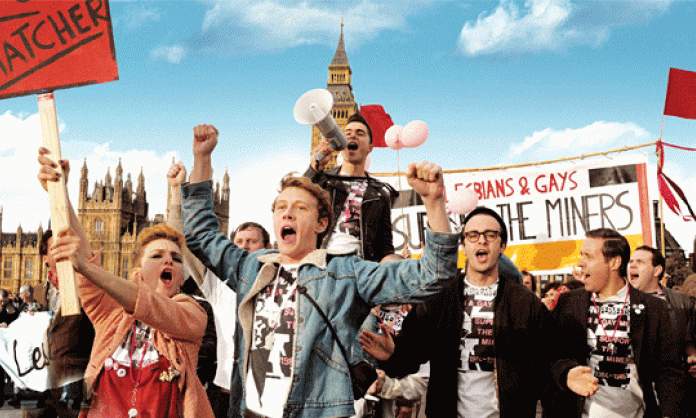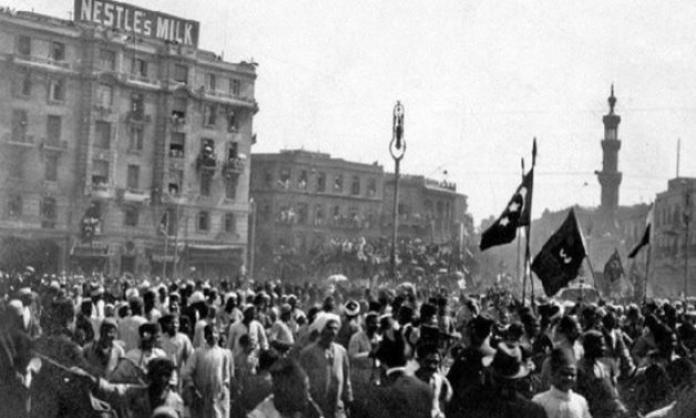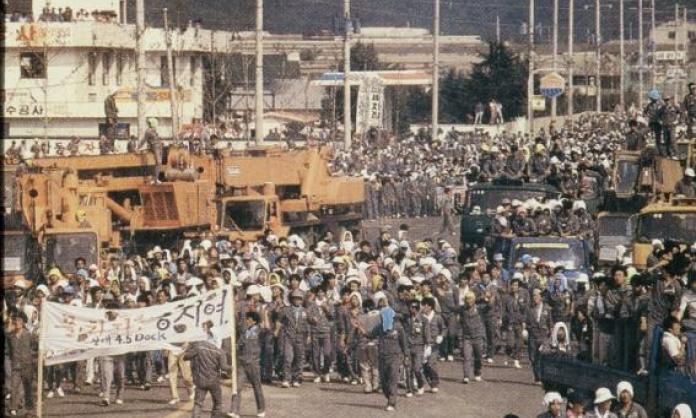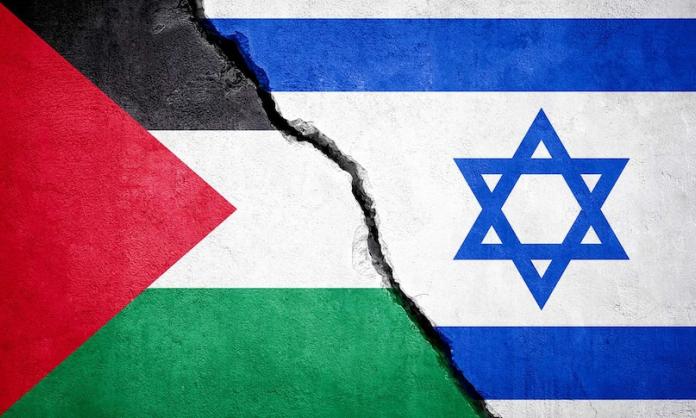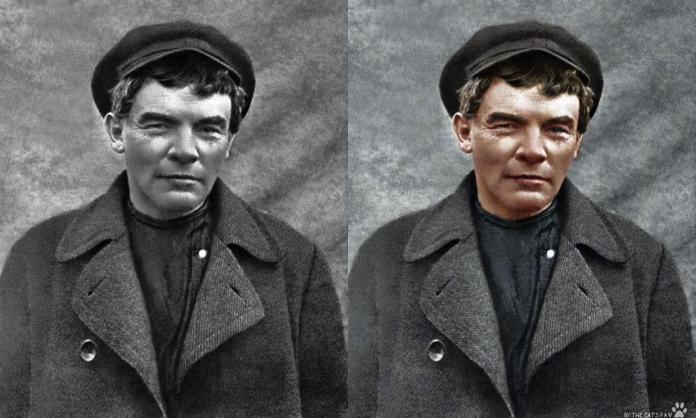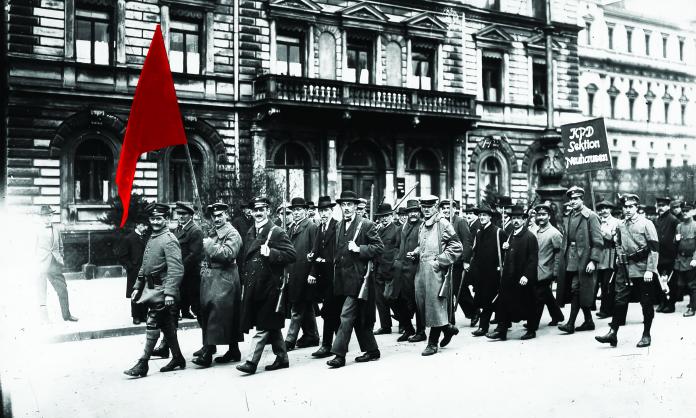Pride, a film set during the British miners’ strike of 1984-85, has been greeted with critical and popular acclaim for its wonderful portrayal of the story of Lesbians and Gays Support the Miners (LGSM). Mainstream reviewers have raved about the heart-warming coming together 30 years ago of striking Welsh miners and London lesbians and gays. As a sign of public support, a memorial fund set up in the name of Mark Ashton, one of the founders of LGSM, has reportedly already received public donations of more than £10,000.
Solidarity, a central aspect of socialist politics, sits firmly at the heart of Pride. Few films have illustrated its meaning and its practice in such a clear and powerful way. Here are four key lessons that Pride and the role of LGSM in the miners’ strike teach us about solidarity.
You have to pick a side
Before you can express solidarity, you need to know which side you are on – who is with you and who are your enemies. This is made clear in the opening scenes of the film through a banner that reads “Thatcher Out”, hanging on a block of flats. Ashton argues that lesbians and gays should join LGSM on the basis that the very same police who harass them on the streets of London are the ones bringing down their batons on the striking miners.
In Britain in the summer of 1984, the battle lines were clearly drawn. Either you were with the miners and the union movement, or you were with Thatcher and the police. As the strike developed, the polarisation grew. It was a widely held belief on both sides that if the miners were defeated, then so too were organised workers in all industries and everyone else who faced oppression and discrimination – gays, lesbians, minority ethnic communities and so on. Ray Goodspeed, a member of LGSM, reported in a recent interview, “We went round for a year saying ‘if the miners lose, we all lose’.”
Class struggle politics matter
Ashton, the most prominent LGSM member in the film, was a communist. He recognised that the key division between people in society was (and still is) class. The film hints at this, but never quite wants to say it out loud. Apparently US audiences are uncomfortable with communists. At one point in the film, a heckler in a gay club yells out “Commie!” when Ashton is on stage, but that’s about it.
Goodspeed described most of the members of LGSM as long term socialists and left wing activists. “I’d been in the Militant for ten years”, he said. “Mark was the general secretary of the Young Communist League, the Communist Party youth organisation. Some of us, entrists in the Labour Party, met regularly as an organisation called Lesbian and Gay Young Socialists …
“Of the eleven people who started LGSM, we were all either Trotskyists, communists or very close friends of communists.” Another of Ashton’s friends, Chris Birch, said: “His communism governed everything he did.”
This understanding of a world in which working class unity underpins the liberation of all humanity, and that you can be proud to be working class and gay at the same time, held together LGSM through the challenges of the period.
Solidarity transforms people
One of the dramatic arcs of the film is whether the miners will accept support and solidarity from gays and lesbians. Common stereotypes about blue collar workers being homophobic make the tension easier to believe. Yet one of the original members of LGSM, Mark Simpson, recalls: “There was never any trouble, in fact, on any of the LGSM visits to Wales.” Whatever the starting point, it is clear that creating these direct links of solidarity, in the heat of a very real struggle against the forces of the state, sped up the process of mutual understanding and support.
Simpson remembers: “Miners learned how to dance to disco instead of nursing a pint watching the ladies, while their wives learned how to take on the law and politics instead of making sandwiches.” The breakdown of gender stereotypes through struggle is also shown in the personal journey of Sian James, who starts out packing food boxes for miners’ families and ends up becoming the first woman MP elected to represent Swansea East.
Determined activists can make a difference
LGSM was not a mass movement. At the beginning of 1985, there were 11 LGSM groups around the UK. These groups contributed more to the strike funds than any other organisation. Such determination – and solidarity – paid off. The reverberations of their actions were felt by hundreds of thousands of workers, and by lesbian, gay and bisexual people who benefited from changes to Labour Party policy voted through by the National Union of Mineworkers after the strike had ended.
Perhaps the most moving scenes appear right at the end of the film (spoiler alert!) when coach-loads of miners turn up to join Pride March alongside LGSM. This reciprocal show of support is the ultimate lesson in why strength through solidarity is not only essential in winning the battles of today, but holds the key to how we can win true freedom and liberation in the future.




